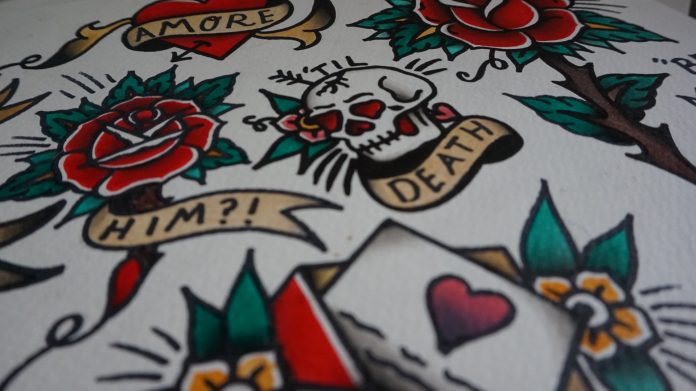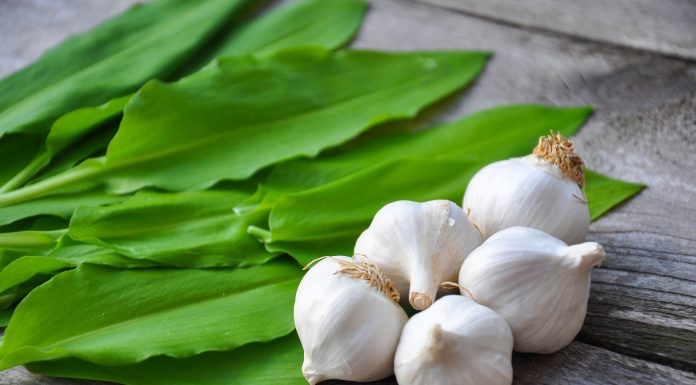Photo by James Discombe on Unsplash
A former Roman Catholic archbishop, Charles J. Chaput, has published a controversial new book, Things Worth Dying For, that has jump started my thinking about my own mortality–and how it might be impacted by beliefs I have.
As the author points out, the question for most will never be more than a theoretical one. “Odds are you won’t be asked to give up a seat on a lifeboat or take a bullet for a president,” he writes.
And, at 74, I can’t imagine dying for any cause as I’ve already given my “life” over to a variety of causes, and in my “dotage” would prefer just to be able to live out my remaining years as comfortably (and pain-free) as possible.
First of all, I think that dying serves no real purpose except to remove one more overly consumeristic human being from the planet. That might be cause enough, I think, since there’s little doubt we humans have contributed to the human centered anthropocene era–where many species are in decline worldwide because of our excesses.
The good bishop is not so concerned with this, however, and as he writes there ARE instances where you might be compelled to be put in a position to face death–especially in protecting family, which most people acknowledge. And according to the bishop, Jesus, the Nazarean said, “No one has greater love than this–to lay down one’s life for one’s friends.” So family or friends, maybe them…
Chaput writes that everyone ought to think about the question. He feels that our “late-modern West” is a civilization no longer capable of imagining “anything worth dying for, and thus, in the long run, anything worth living for.”
Chaput states that Western liberalism has exhausted itself–whatever “liberalism” may mean in any context. Yet he doesn’t totally debunk democratic institutions, and hasn’t necessarily embraced “common good” and right leaning conservatives.
Ok, so much for his theses about political and social accountability.
YOU had nothing to do with being born (in my view), but having been so, most of us recognize that it is important to do good over a lifetime, and dying precipitously or prematurely serves no real purpose. Dying for a cause may make you a martyr and possibly famous (or infamous, if you are a Hitler), but you may never live again in any form and it’s kind of a waste. Maybe you will live in some form in a heaven (or hell?) or molecularly as a part of some other person’s (or being’s) life, but most would not want to speculate about that before their “time.”
I write for seniors publications (see senorslifestylemag.com/tag/william-seavey/) and PBS’s nextavenue.org and it’s clear to me (and them) that living a good life to the very end is a desirable goal. I can’t really imagine a situation where giving up my life, say, for a family member, would do anything other than cause grief among other family members who would miss me (well, maybe not all–some never really liked me much in the first place, haha).
And I think one really needs to look hard at human-centric causes that might possibly be worth dying for. Climate Change. If you are doing your best to live non-consumeristically, and preaching about it, no need to commit hari kari. Black Lives Matter. If you’re black, you want to live better, not die needlessly. World War. You didn’t personally cause it, can’t stop it, and one less body won”t make much of a difference. (I know, I’m beginning to sound cynical but this is really just realism.)
I really like my life. It has its stresses and challenges (right now we are doing some extensive remodeling and the neighbor is angry that our trees impinge on his property). We travel fairly often, have gotten our two shots to ward off the coronaviris, our family members are all very supportive and welcoming, and I have the time to write all this inspirational (?) stuff even if it’s hard to find a place to publish it. (Thank you Medium.com, for being there for nearly everyone.)
In addition, I doubt we will ever run out of money and be on the streets–which I would say is pretty close to a living death in our overly expensive, mostly housed society (look into cheap strawbale homes, I built one in Mexico). I was once nearly homeless so, believe me, I know.
For me, there has to be a really, really good reason for me to give up my life sooner than its chronological limits–which I admit, are coming ever so quickly. But I CAN say that the less you have to live for maybe the more you think dying might serve a purpose.
But I’m definitely not there yet.



























